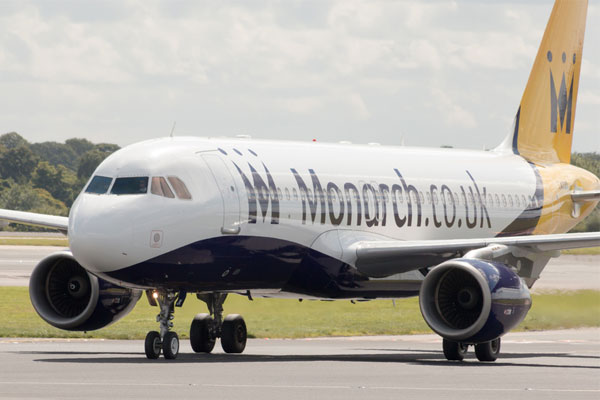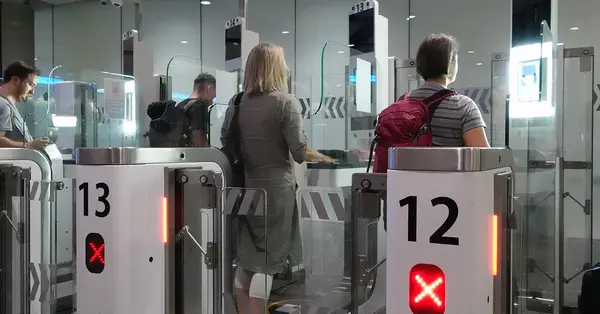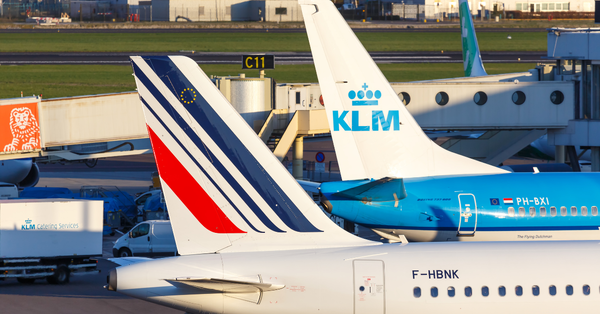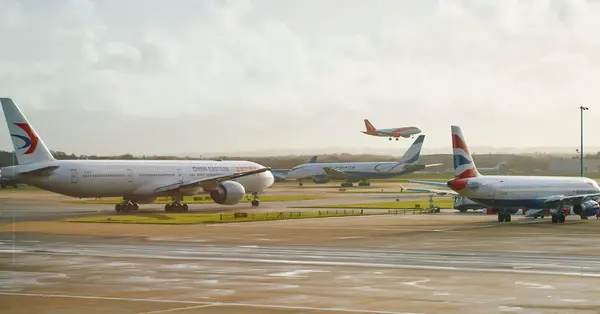You are viewing 2 of your 2 free articles
Civil Aviation Authority’s case for Atol reform queried
Industry specialists in financial protection have contested the Civil Aviation Authority’s (CAA’s) case for Atol reform, insisting the sector has demonstrated “phenomenal resilience”.
Alan Bowen, advisor to the Association of Atol Companies, and Abta director of membership and financial protection Rachel Jordan suggested the priority should be financial protection against airline failures rather than an overhaul of the Atol scheme which the CAA has described as “potentially the biggest” in its history.
The CAA has said “increased financial resilience of the scheme and of the wider industry” is “at the core” of its proposals.
But Bowen argued: “The CAA talks about improving resilience but look at what has happened in the last three years. We’ve gone through the worst crisis the industry has ever had and survived.”
Speaking on a Travel Weekly Future of Travel webcast on Atol reform, Bowen asked: “Could the system cope with another Thomas Cook failure? Clearly not. That is one of the issues we need to look at – how we deal with specific types of Atol holder who pose a big risk.”
Bowen noted that following Monarch’s failure in 2017, “the government said it would do something” and the resulting Airline Insolvency Review reported: “Yet here we are four years later nowhere down the line.”
He insisted: “We clearly need to look at Atol holders which have their own airlines. They need different forms of protection. But does everybody else?
More: Special Report: CAA asserts case for change on Atol
CAA clarifies three key points of Atol reform
Analysis: The key points of the CAA’s Atol Reform update
“The reality is travel businesses have been phenomenally resilient, as has the Air Travel Trust which started this year with over £100 million in the bank.
“Very few Atol holders are going to cause a problem for that amount of money. Most Atol holders cost very little when they fail. Most are small businesses.”
Bowen argued: “The system has worked effectively for more than 50 years, with notable exceptions all in relation to Atol holders with airlines.”
Jordan agreed, saying: “When there were two large failures, Monarch and Thomas Cook, the fund was there. There wasn’t a taxpayer impact of those failures.
“Yes, the fund took a hit. But it worked. Those things don’t happen often, and the fund is rebuilding quickly.
“Obviously, the fund needs to be bigger, but I challenge the assertion that the Air Travel Trust has a resilience issue, and I don’t think the industry has a resilience issue either.
“We seem to be lacking evidence that there is a resilience issue.”
Jordan insisted: “Airline insolvency is an issue and does need to be addressed. [But] I don’t think it’s something to be solved through the Atol scheme.”
However, Serenity Travel Trusts director Sarah Lacy said: “There are reasons why the resilience was there after Covid. There were merchant acquirers which stepped in to assist with refunding, there were insurers which took some of the brunt of the first wave of cancellations. Obviously, there were the refund credit notes.
“Without that intervention, I’m not sure how much resilience there would have been.”
CAA head of Atol Michael Budge told the webcast: “I wouldn’t disagree about the resilience of the industry over the last couple of years. The industry has demonstrated real tenacity to manage the challenges thrown at it during the Covid pandemic.
“In the first 12 months of the pandemic, we saw about 34 failures, which was much lower than expected. But there were a number of measures brought in.
“It’s still too early to comment upon the resilience reflected during Covid, in particular when you look at insolvency rates across all industries, which are now on the rise.
“I’m not forecasting travel industry insolvencies, but in general insolvencies were at their lowest during the pandemic and are now rising.”
Register interest in attending Travel Weekly’s Future of Travel Conference in September here.
More: Special Report: CAA asserts case for change on Atol
CAA clarifies three key points of Atol reform


















